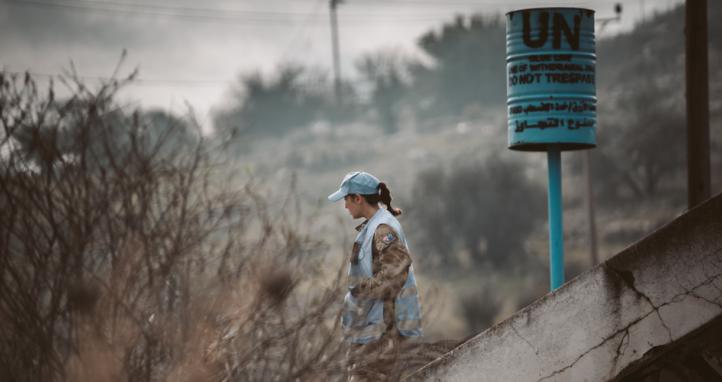In 2020, I was fortunate to deploy to PNG in support of their national COVID-19 response and witness firsthand how the PNGDF, with Australia’s support, contribute to the overall regional stability that both nations benefit from. The PNGDF’s strength is its people as the soldiers are keen to serve and eager to learn new skills. It is reported the Government and senior commanders have a desire to grow the PNGDF to 10,000 by 2030 [2]; however, resources and funding is limited, digital connectivity and formalised training for non-Arms Corps is lacking, and consistent availability of equipment is problematic. The real success story I witnessed came not from the DCP’s allocation of Australia’s official development assistance (a combined $596m for FY20-21) [3], but from the day-to-day support and mentoring provided by ADF/APS staff in country.
Relationships come first
Whilst a recurring lesson, and well covered by other authors and contingents [4], all successful mentor/mentee relationships are built on; a foundation of respect for each other, the mentor understanding how the mentee best assimilates information, and a common understanding of what the mentoring is trying to achieve [5]. The last point is a balance between what is perceived to be required from both parties; the mentor does not always know what’s best. Islander nations seek much deeper community connections than commonly seen in Western nations. This requires more effort and time, potentially weeks, from the mentor to build these deeper connections.
Enforce the basics, build leadership
A happy home, makes a productive soldier. PNGDF soldiers are capable of some amazing feats; small teams able to unload hundreds of pallets by hand, hunt for their own food whilst on border protection patrols, and maintain huge barracks with only hand-tools and elbow grease. Hindered by unreliable public transport, disruptions to salary payments, rationing and accommodation, as well as continual exposure to societal health and crime issues, for most soldiers simply arriving at work is an achievement. Reward and show appreciation for basics done well, such as; regular attendance, looking after equipment and work areas, and attempts to plan and forecast. PNGDF personnel who show natural abilities in these areas should be fostered into future leaders or more demanding positions.
Accept risks in policy to build base-line capability
A forklift operator with hours of safely supervised, but unlicensed practice is better than no operator due to availability/funding issues to attend a course. Whilst not ideal, mixed natures of Explosive Ordnance (EO) securely stored and protected from the weather, is better than unsecured EO. Examples like these, and many others, will confront mentors on a daily basis and mentoring should be structured with consideration to the unique difficulties faced here. The PNGDF is a practical Force and capability should be built with tangible, productive outcomes. Safety always comes first, but risk unfortunately needs to be accepted here to achieve strategic goals where policy would prevent in Australia.
Time is the greatest barrier to mentoring
In the 45 years since PNG independence, ADF mentors have come and gone for varying deployment periods and each have passed on lessons of effective mentorship. A common theme in ADF literature is time. Time to build relationships, time to impart new skills, time to build leadership and time to create capabilities. The current 2-3 year posting model for DCP personnel is a sound one, providing mentors time to establish enduring relationships and see capability building from conception to implementation in most cases. The difficulty to replicate this during short-term deployments implies deployment scope should be comparative to deployment length. Short-term augmentees or training teams should be partner-led with a permanent ADF member, given very narrow objectives, and deliver high impact results. There is more benefit to delivering one infrastructure project or qualification course well, than skimming the surface of many. Time can be mitigated by additional personnel and I share the views of others that the PNG DCP should be bolstered by additional permanent personnel [6].
Think strategically tactical
The PNGDF is comprised of differing units and roles, but much of the infrastructure and resources needed to operate is common across the organisation. Command and control, procurement, maintenance, and training functions, all have similar base requirements to work effectively. The solution discovered in your area is very likely applicable to other PNGDF locations. Be mindful that local solutions could make a strategic impact if utilised by the entire organisation, and commonality through shared ideas can be greater than the sum of its parts. Encouraging PNGDF units to collaborate with others, as well as sharing developments amongst DCP staff is key to building whole-of-organisation capability improvements.
A posting or deployment as a mentor to PNG is an interesting, challenging, frustrating and rewarding experience. For first timers, prior preparation is important and being adaptable is key. The Australian way is not always the right way and things move at a different pace in PNG. If you immerse yourself in the experience, work with your mentees and use your experience to build improvement, real change can occur.









